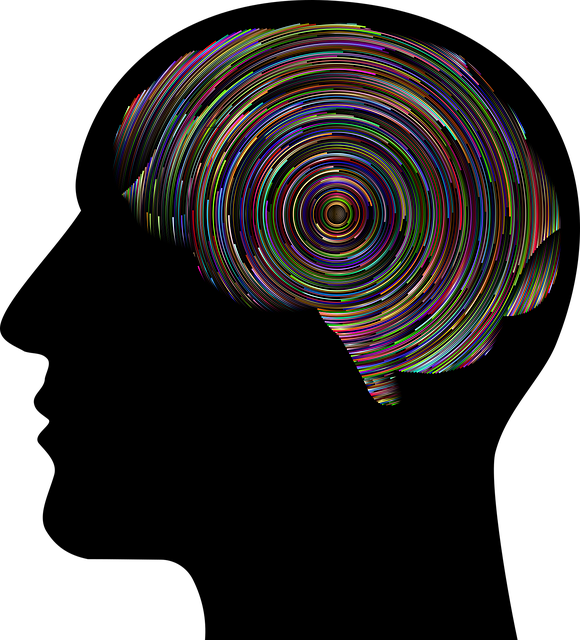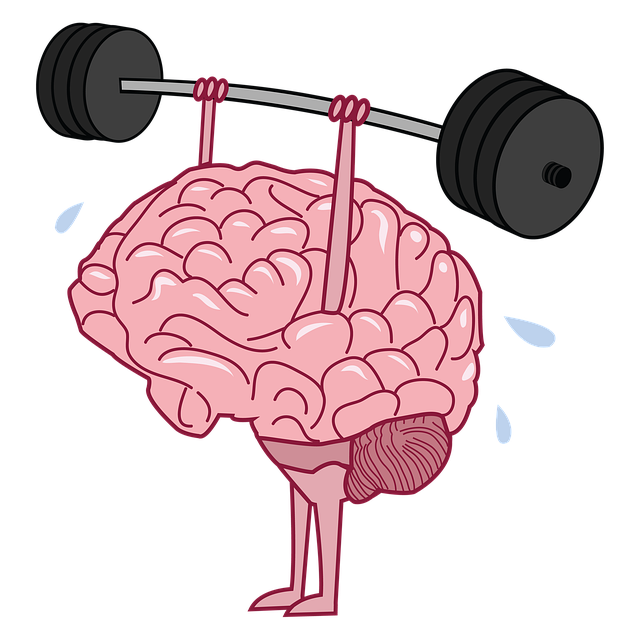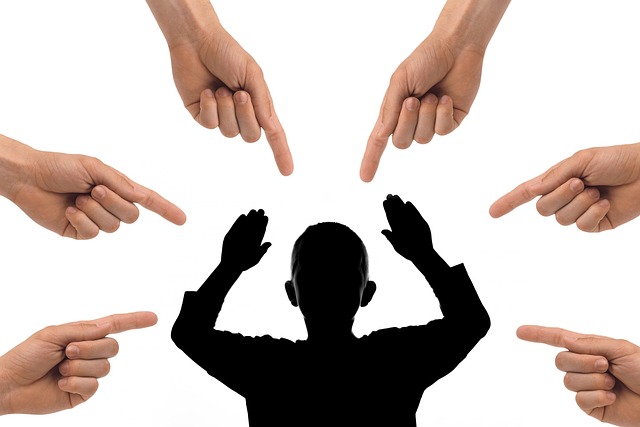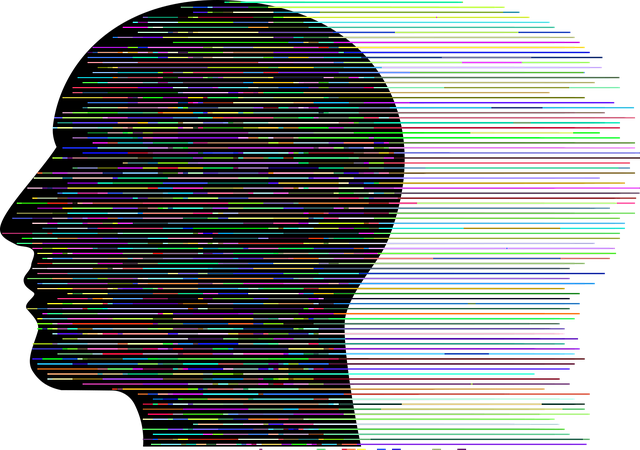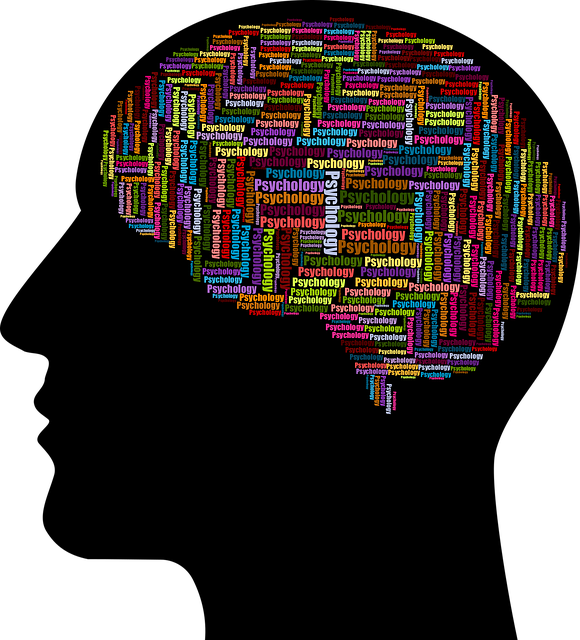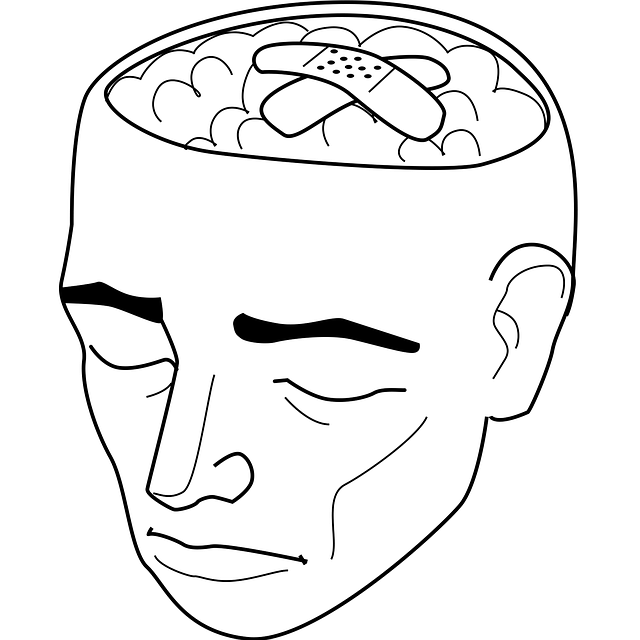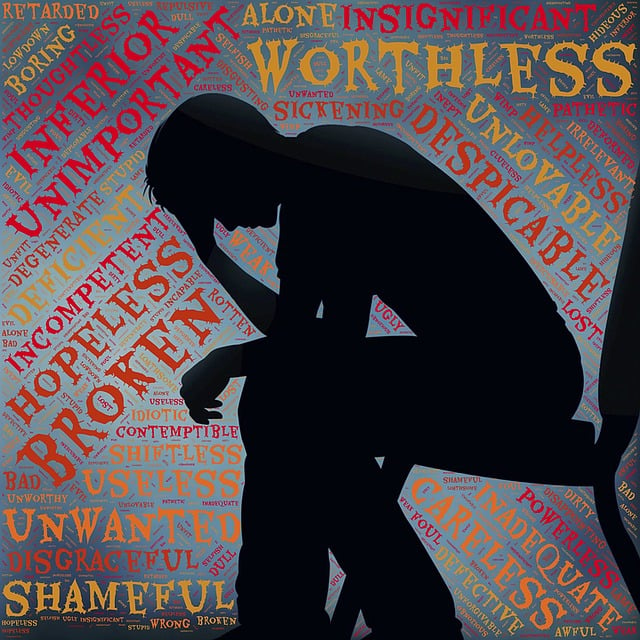Cultural competency in healthcare is vital for addressing the diverse mental health needs of elderly patients. By focusing on effective communication strategies, healthcare providers can improve assessment accuracy and outcomes for elders undergoing mental health evaluations. Training should include mood management, burnout prevention, and tailored therapy adaptations to consider unique cultural perspectives and values. This inclusive approach ensures elders feel heard, validated, and supported in their pursuit of improved mental well-being, bridging cultural gaps and enhancing access to sensitive services.
In today’s diverse healthcare landscape, cultural competency is essential for providing quality care to elderly patients. This article explores the critical components of healthcare provider training in cultural competency, focusing on mental health evaluations for seniors. We delve into the definition and significance of cultural competency, barriers to its implementation, and the profound benefits it brings. Additionally, we present effective training strategies, including interactive workshops, real-life case studies, and continuous learning methods, to empower healthcare providers in offering culturally sensitive therapy for elders’ mental health evaluations.
- Understanding Cultural Competency in Healthcare for Elders
- – Definition and significance of cultural competency
- – Barriers to culturally competent care for elderly patients
Understanding Cultural Competency in Healthcare for Elders

Understanding Cultural Competency in Healthcare for Elders is a nuanced and critical aspect of providing quality care. As society becomes increasingly diverse, healthcare providers must be equipped to navigate the complex interplay between cultural backgrounds, beliefs, and health practices. This sensitivity is especially vital when addressing the unique needs of elders from various ethnic, racial, and cultural groups. Effective communication strategies are at the heart of this competency, ensuring that healthcare professionals can understand and respect an elder’s perspective, values, and preferences.
The training should encompass essential areas such as mood management and burnout prevention strategies for healthcare providers. By learning to adapt therapy for elders’ mental health evaluations to include cultural considerations, practitioners can foster a sense of comfort and trust. This approach not only enhances the accuracy of assessments but also improves outcomes by ensuring that interventions are aligned with the individual’s cultural context. Incorporating these practices promotes a more inclusive healthcare environment, where elders feel heard, validated, and supported throughout their journey towards improved mental well-being.
– Definition and significance of cultural competency

Cultural competency is a vital aspect of healthcare, especially when addressing the unique needs of elderly patients. It involves understanding and respecting diverse cultural backgrounds, traditions, and beliefs to deliver effective therapy for elders’ mental health evaluations. In today’s diverse society, healthcare providers must be equipped with the knowledge and skills to navigate different cultural contexts, ensuring inclusive care.
The significance of cultural competency cannot be overstated, especially in the realm of mental health care. Elderly individuals from various ethnic, racial, or cultural groups may have distinct approaches to well-being, seeking therapy differently. By embracing cultural competency principles, such as those advocated by Mind Over Matter, healthcare professionals can employ effective Stress Reduction Methods tailored to individual needs. Moreover, a nuanced understanding of cultural dynamics contributes to better Mental Health Policy Analysis and Advocacy, ensuring that services are accessible and sensitive to diverse communities’ requirements.
– Barriers to culturally competent care for elderly patients

The elderly population, often with diverse cultural backgrounds and unique healthcare needs, faces significant barriers when accessing culturally competent care. One of the primary challenges is the lack of tailored mental health services that consider age-related cognitive changes and sensory impairments. Many older adults may struggle to communicate their needs or understand complex medical jargon, impacting their ability to engage in therapy and participate actively in their treatment plans. This communication gap can lead to misdiagnosis or inadequate care.
Additionally, cultural competency training for mental health professionals is essential but often falls short. Empathy building strategies are crucial to bridging the gap, as healthcare providers must learn to recognize and respect diverse cultural beliefs and practices. Resilience building techniques within these training programs can empower professionals to navigate complex interactions with elderly patients, ensuring they receive appropriate therapy for their mental health evaluations. Effective risk assessment tools tailored for this demographic should be implemented to identify and address potential cultural barriers at the onset of treatment.
Cultural competency training is a vital step towards enhancing healthcare services for elders. By understanding and addressing barriers, such as language differences and ageist attitudes, providers can improve access to quality mental health evaluations and therapy. Embracing diverse cultural perspectives ensures a more inclusive and effective healthcare system tailored to the unique needs of elderly patients. This approach not only improves outcomes but also fosters a stronger connection between caregivers and those they serve.
